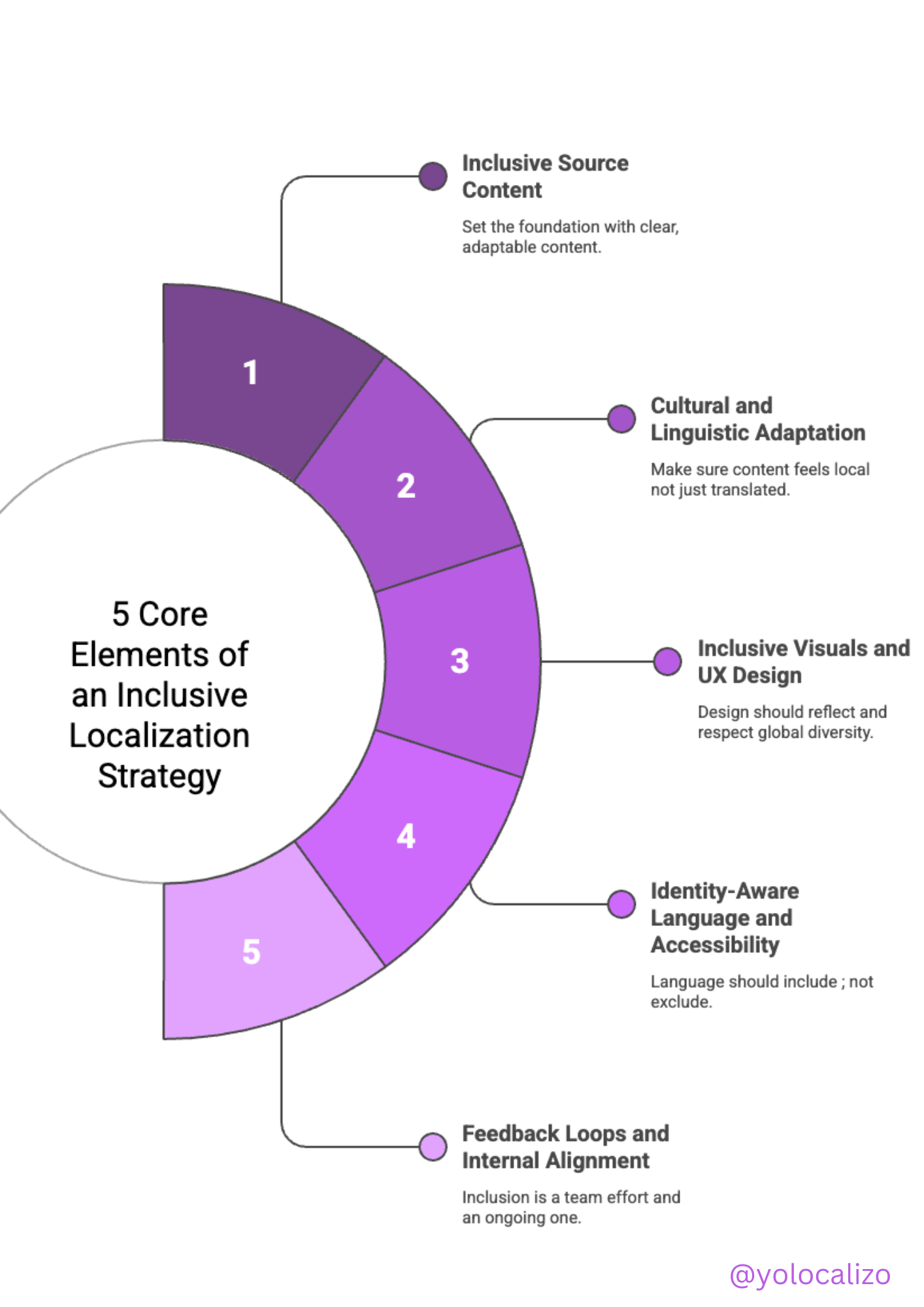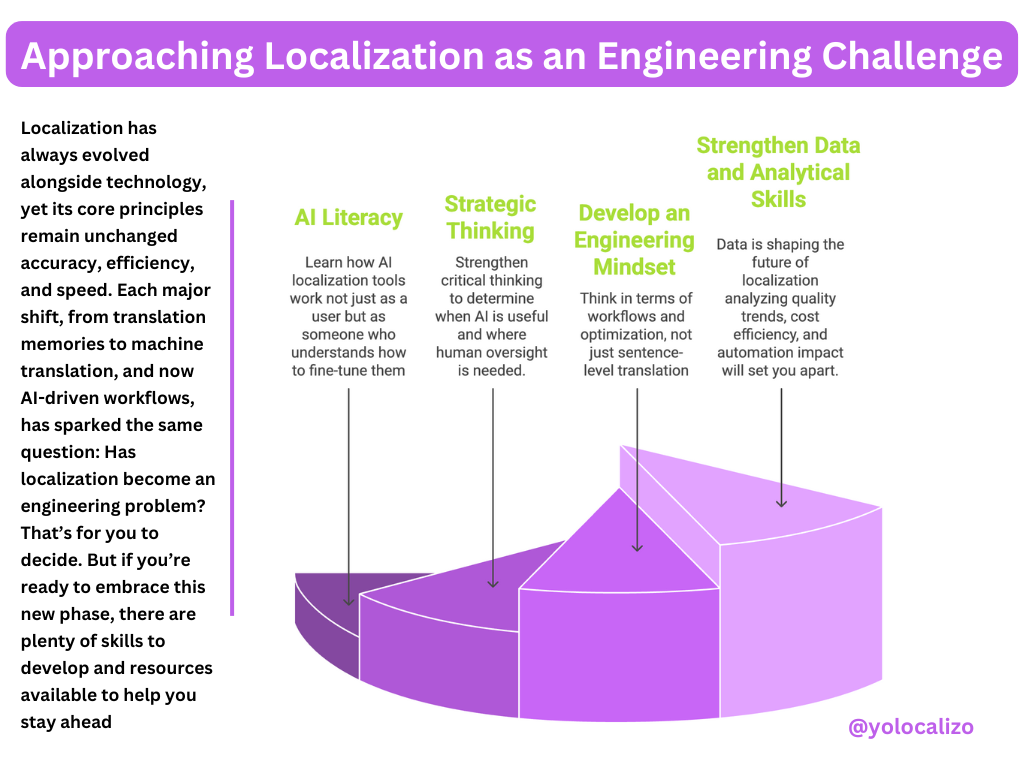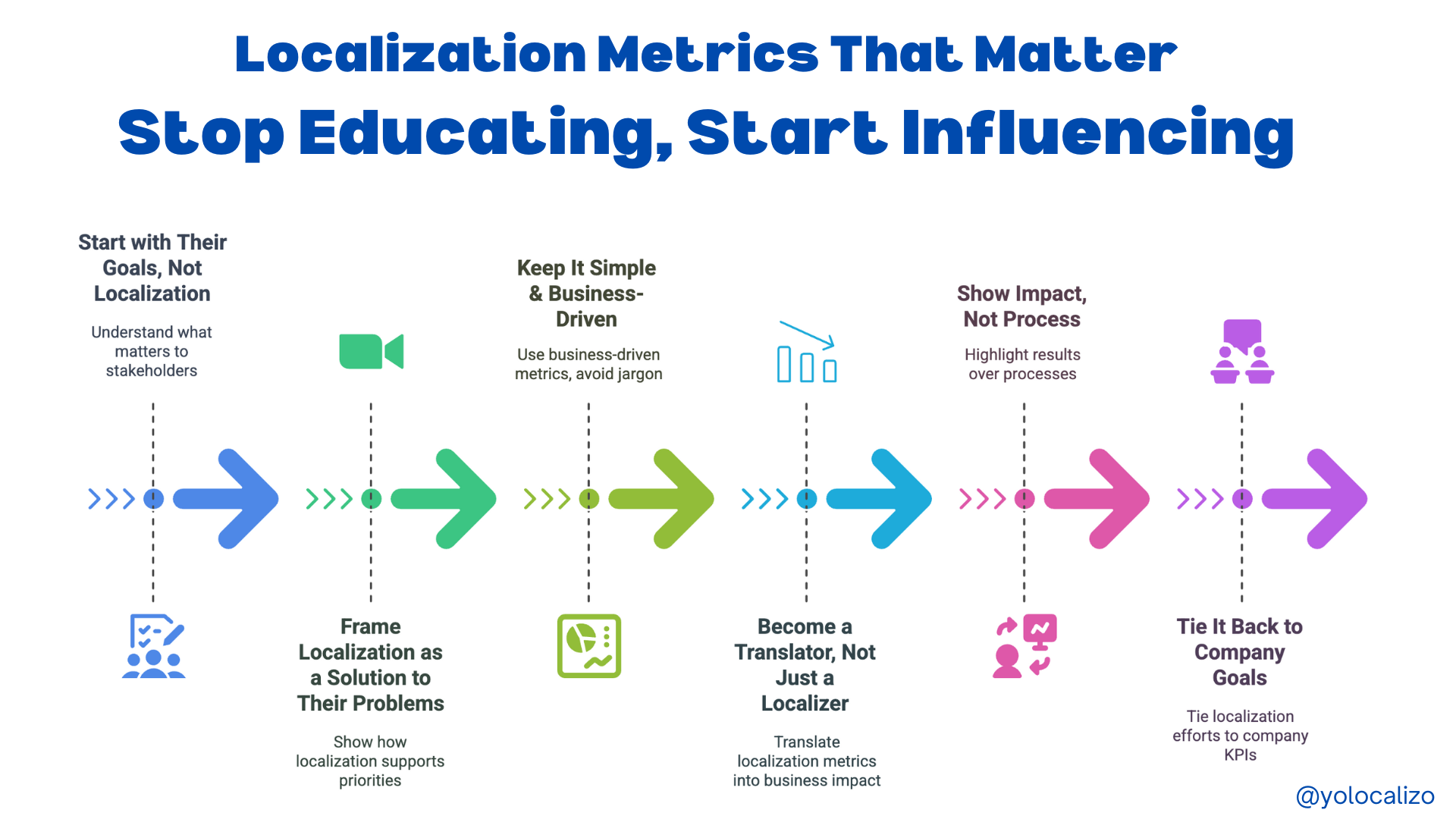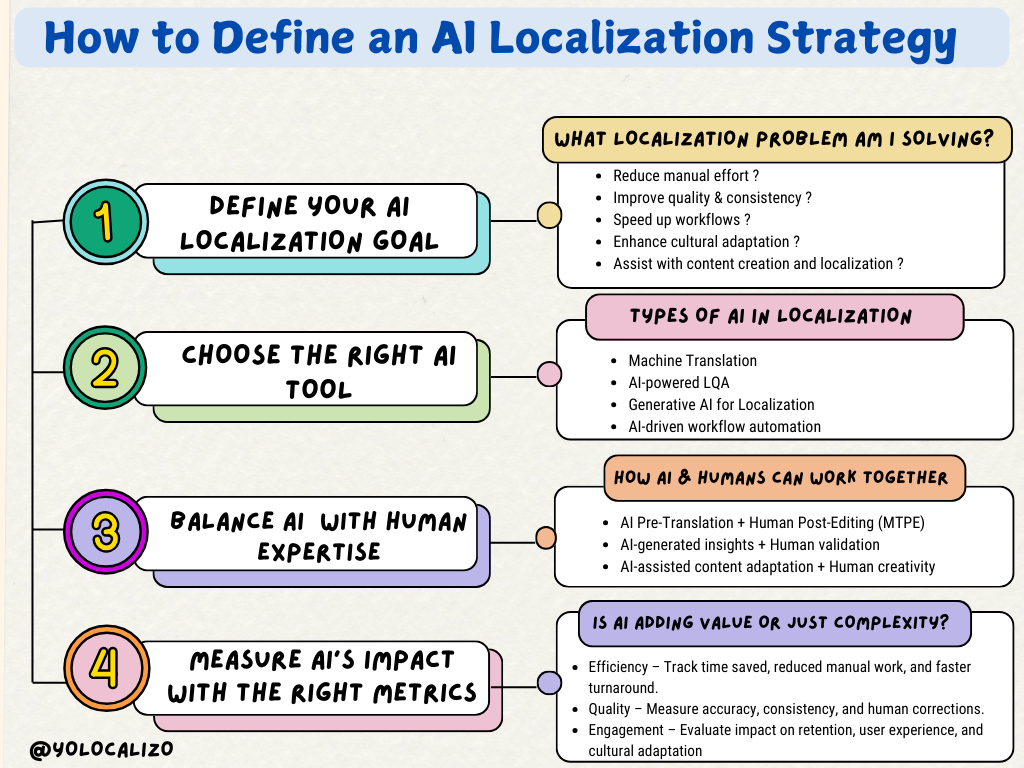If I knew then .... 6 certifications ideas for 2018
Estimated time of reading: 12 minutes
If I knew then ….
24th April 1995 … I was at my parent’s house in Madrid. We were having lunch and we were enjoying a cocido, that’s what we do in Madrid on Mondays, we eat cocido 😃, at least at my parent’s house!
While I was enjoying that tasty cocido I received a phone call. On the other side of the telephone line, there was a person who said that he worked in an LSP (LS. what? I thought …) and they were looking for Localization QA specialist.
I talked to them and we setup an interview, and somehow I managed to convince them that I was a right fit to be part of the Localization QA team working on Microsoft Excel.
To be honest, I’m not sure how I managed to went through the recruitment process as I did not have any clue what was Localization and I did not have much experience in QA; but somehow I got an offer and that was great because 8th of May 1995 I started my journey in this amazing Localization industry. In those days, the educational offer was as ample as Homer Simpson's capacity to work overtime. However, now we are in a much more mature industry; and nowadays, it’s not rare to find a training, workshop or certifications related to the G-localization/Digital industry.
January is the month of the years' resolution, so maybe some of you set a goal to get a certification or studies related to Localization? If that’s the case, please keep reading as I prepared a summary of different courses, certifications and training material that you might find interesting.
This is the training material that I wish it had existed when I started in the Localization industry.
If I knew then …. I learned about Software Localization after making many mistakes. I think that in those years I broke all the best practices in our industry! Embedding text directly into the code, why not? It’s faster to see how it looks UI after compiling!. Not concatenated strings? No problem! Let’s recycle content! it’s so efficient; Images that contain text? why bother separating text from graphics? ….
Nowadays we are in a great moment to be G-localizers. The future is still very promising for our industry.
According to a report by IbisWorld, translation services are expected keep on growing and reach $37 billion in 2018; and according to the U.S. Bureau of Statistics, the translation industry is expected to grow by 42% between 2010 – 2020. The most important reason for this growth is ….. Globalization (yay!)
And there are certifications who can really help us to bring localization to the next level. Certifications/training programs that will teach us best practices and different techniques. When I was working for Electronic Arts I really liked the slogan of the internal EA training academy. It was “Knowledge changes everything”. I cannot agree anymore, let’s grow our knowledge to change everything!
Below you can find a list of some courses that I wish would have existed when I started in the world of the localization.
Project Manager
Project Manager is one of the important roles of our industry. A Localization Project Manager (PM) is the glue between the translation buyer, translators and the different internal stakeholders.
Some training programs available to learn more about project management are:
- The Localization Institute offers a self-paced, online learning modules combined with quizzes and practice tests followed by a two-day project management training workshop. The full education program can be found HERE
- Project Management Institute (PMI). PMI offers the PMP certification, and although this certification is not focused in the industry of Globalization is a very well-known and recognized certification. Being PMP means we have the knowledge and the experience about how to drive efficiently a project through the different phases. Check HERE to know more.
- The University of Washington offers a program where we can learn how to adapt technology products for Global Markets. Great content where we are going to learn about Localization workflows, technology tools and different concepts related to localization project management. Click HERE to learn more about this certification.
- Localization Engineer/Solution Architect
One of the exotic roles of our industry, no-one really knows very well what this jack of all trades does. But basically, he solves problems. It’s the Mr. Wolfe from Pulp Fiction of our industry
Localization Engineer/Solution Architect is similar to the charismatic role played by Harvey Keitel. Solutions Architect/Localization Engineers solve problems; some people will say something like that “they work with files” (or even more generic “they work with computers ….) both statements are equally true and generic 😃 if you want to know more about this role you might want to check my blog post Real Localization FC - A truly Dream Team where I explained the different roles of a Localization team using the analogy of football. The solution architect is the player number 10!
Hopefully, now we have the Seattle University who is helping us to understand better this weird job role. They launched recently a certification in Localization Engineering; there are no many training opportunities to become Localization Engineer. For this reason, it’s great we have the opportunity to learn more about topics such as:
• Major principles of UA and UI localization engineering
• Issues connected with globalization and localizability
• Localization and terminology management tools
• How to handle tagged file formats
• Translation memory concepts and terminology
Software Testing/QA
This is the starting point for many industry professionals (me among them 😃). Some people stay in the QA track either from the functional or localization side while others use this position as a springboard to work in other roles. Both approaches should be respected and for those who decide to stay in the QA field, there’s an interesting certification from ISTQB who will provide a framework, tools, and techniques to become a guru of the testing world!
Click HERE for more details
Globalization
This role is growing slowly but steadily. In the past, there was not much training on this subject. But nowadays everything changes very fast and we can train and certify ourselves in Global Digital Marketing. Brand2global offers this educative module where we will learn about SEO, how to globalize content marketing and how to approach the different social media channels.
UX/UI specialist
This certification is the new kid on the block! Finally, we have training to become more knowledgeable in the design of the front end of our software. And I cannot stress enough how important this is. Sometimes we tend to forget the importance of the “dialogs” of our apps/software. But the reality is that UX/UI is our presentation card. As Will Rogers said “ You never get a second chance to make a first impression” And this is exactly what it happens if we have a messy workflow of a UI with bugs or not polish enough. Our clients won’t be happy and we will monetize poorly… Luckily, now we can learn about different areas UX/UI related such as Mobile&Multichannel UX, UX Management or Web Design among others with the User Experience Certification Program offered by The Nielsen Group. A must do course for those professionals willing to know more about effective UX techniques.
Scrum Master/Product Owner
Last, but not least maybe you are considering to get a certification of Scrum Master/Product Owner during 2018?
Although Scrum Master/Product Owner are not certifications related to Localization I think we should consider this in our learning program because many clients nowadays work in an agile framework.
Since Localization traditionally has been following more a waterfall approach I find interesting to study the Agile framework and get familiar with the “post-it” world; I believe this can help us to speak the language of our scrum team colleagues … this helped me when I was preparing my Scrum Master certification this year; I learned important concepts that it guided me to understand what devs mean when they tell us that “translation” is in the backlog with a user story of 5 points …..
Interested in getting an official certification as Scrum Master or Product Owner? Click HERE to know about all details from the official Scrum Alliance site
Most of these courses can be done online, there are also some universities related to language degrees that they offer face to face to subjects. Also, we should not forget the free resources available in “virtual academies” such as Coursera or Udemy.
Udacity is another platform to learn online and our colleagues of Google did an excellent course about Localization essentials. You can find it here
Nowadays we are in great moment in the history of the humanity! We have more opportunities than ever before to increase our knowledge about any topic that we are interesting … the chances that there is a training, some virtual information or just a webinar is only one click away …. For this reason, I encourage you not to quit your New Year resolutions .. .specially if they have some goal related to getting a certification in localization! As my old colleagues of EA said Knowledge changes everything, so let’s use our knowledge to change this world and make it a better world!
Please feel free to add to the comments section of this post other courses or certifications you might know that they might help us to keep learning.
Have a wonderful week and I wish each of you success during this just born 2018!
@yolocalizo















Before jumping on the AI bandwagon: What localization problem are you trying to solve? AI is everywhere right now, including in localization.
But before jumping on the bandwagon, we need to stop and ask:
Are we solving the right problem?